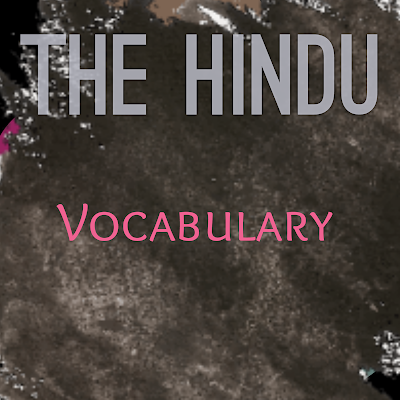Daily Use English Words with Meaning | For Beginners 2019
2 00+ Daily Use English Words with Meaning | For Beginners 2019 In this blog 200+ simple English words for daily use for beginners are discussed. These words are very simple and with meanings so, everyone can easily understand and can use in their daily life. Read all the words and start using in your daily life and enhance your vocabulary. :) · Rancour - bitterness · Eccentric - the person who has strange Habits · Cannibal - who eats human flesh · Resist - defy · ...

